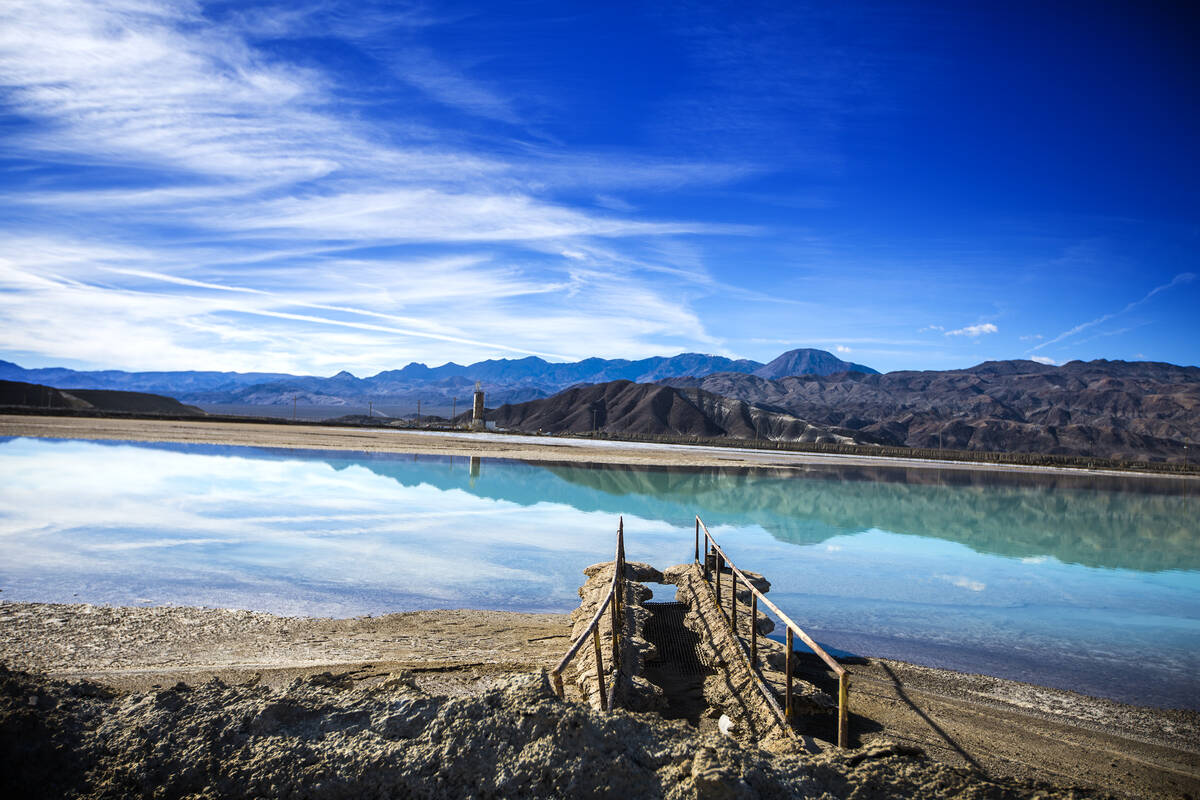EDITORIAL: Greens working overtime to scuttle green energy projects
Do progressives want a green energy transition or would they rather use laws such as the Endangered Species Act as a bludgeon to stop as many renewable initiatives as possible? It’s become increasingly clear that the latter drives their policy goals.
This month, the U.S. Fish and Wildlife Service designated Tiehm’s buckwheat as endangered. According to the Center for Biological Diversity, which sought the listing, the plant exists on just 10 acres in a remote area of west-central Nevada, where Ioneer Ltd., an Australian mining company, seeks to produce lithium, a component vital to manufacturing electric vehicle batteries.
The center is a Tucson, Ariz.-based lawsuit machine that most trial lawyer conglomerates could only dream about. Ioneer officials believe they can make adjustments to their mining project — which was approved by the BLM — to protect the buckwheat, but it’s a certainty that nothing they do will satisfy the Center for Biological Diversity.
Tiehm’s buckwheat “faces utter annihilation from Ioneer’s mine,” Patrick Donnelly, Great Basin director for the center, wrote last week. As such, “the listing of Tiehm’s buckwheat is not the end. It is the end of the beginning. Now that we have the most powerful conservation law in the world on our side, we need to rigorously apply it to prevent the extinction of this special plant. And we will.”
Not far away, in the Nevada outback between Fallon and Austin, a similar scenario was in motion. Ormat Technologies had announced plans for a geothermal plant in Dixie Valley after receiving approval from the BLM. In came the Center for Biological Diversity demanding emergency protection for the Dixie Valley toad because the energy project “threatened it with extinction.” On Dec. 2, the Fish and Wildlife Service finalized the listing.
Like Ioneer with its lithium mine, Ormat officials believe they can amend their plans to satisfy the concerns raised by Mr. Donnelly et al. They’re fooling themselves. The center will use any legal avenue to tie the matter up in court in hopes of eventually scuttling the project.
Mr. Donnelly insists his employer is not against green energy development or the transition to EVs; rather it seeks to ensure only that projects are done with prudence. Yet the center’s legal machinations fly in the face of greens who insist that climate change is an “existential crisis” and rarely acknowledge that trade-offs are inevitable to wean the nation off fossil fuels without committing economic suicide.
“As for the broader question — biodiversity or lithium?” Mr. Donnelly writes, “I would argue that here, the decision is made for us. The Endangered Species Act exists to prevent extinction. Tiehm’s buckwheat faces extinction. There is no ‘choice’ between lithium and biodiversity. It’s the law.”
Let’s hope a federal judge has another perspective.











